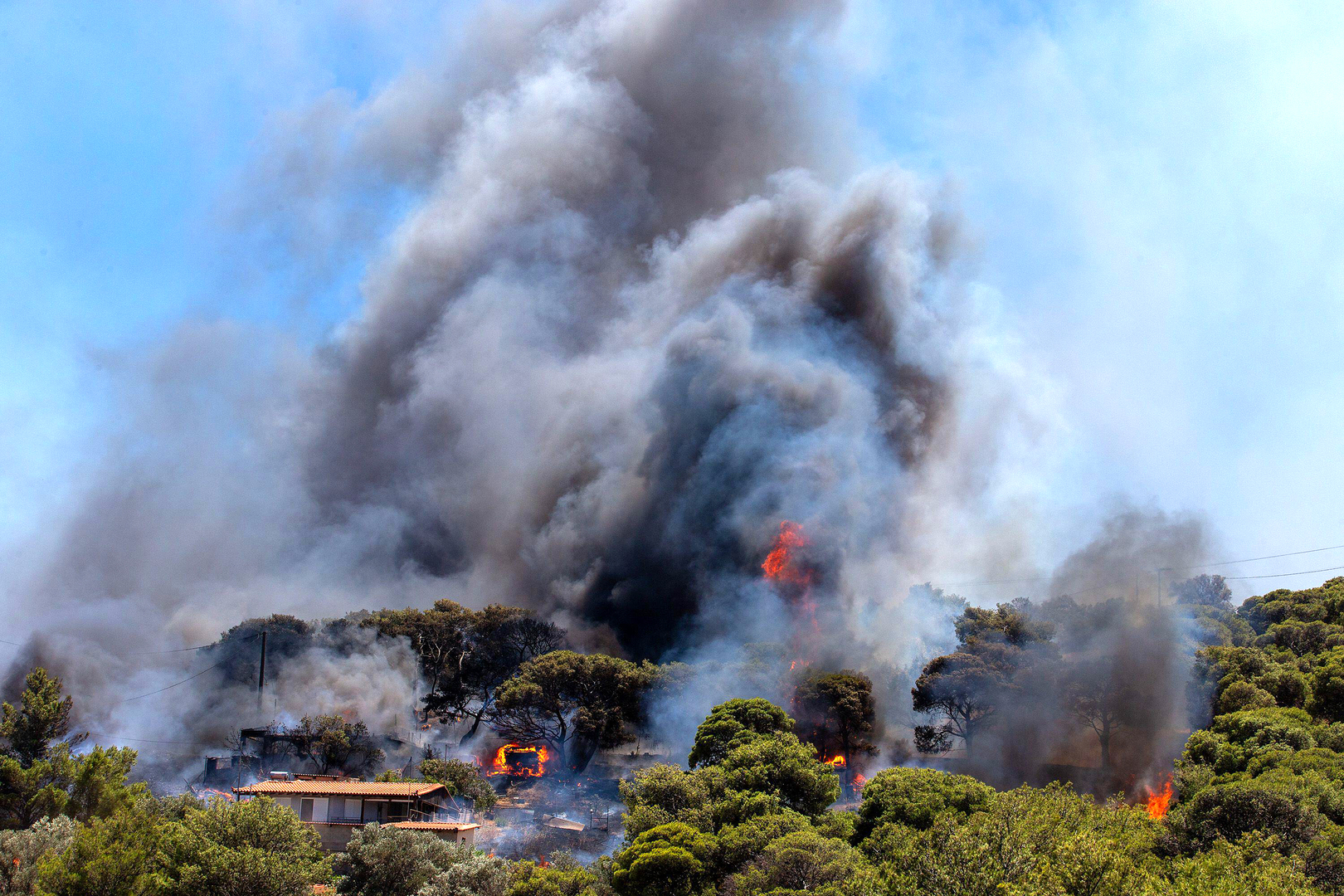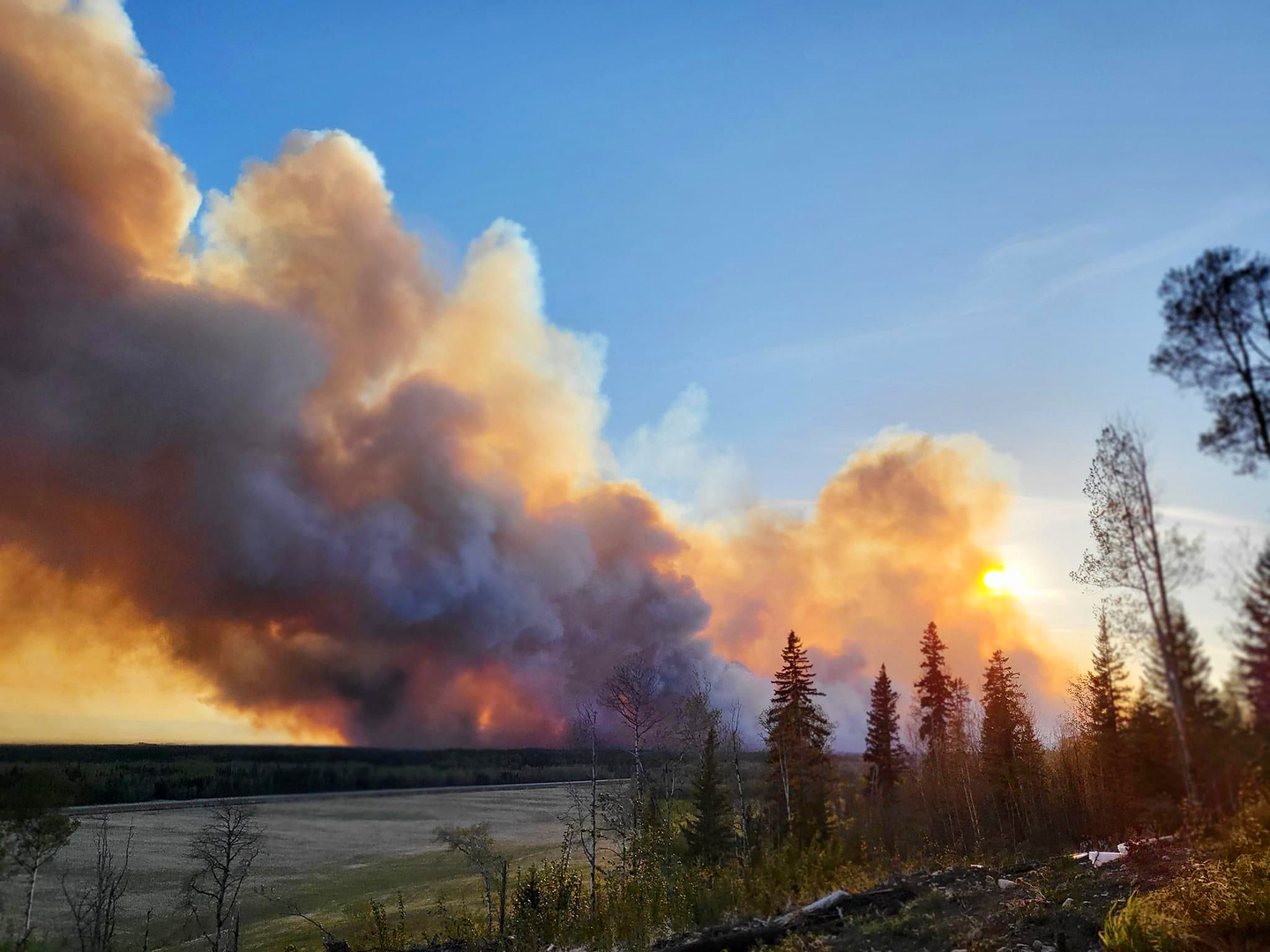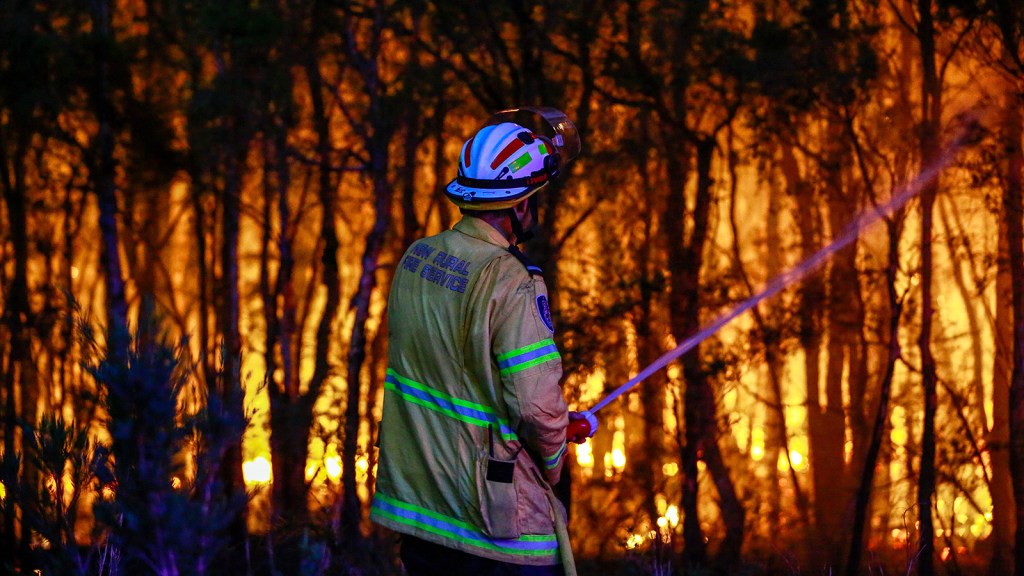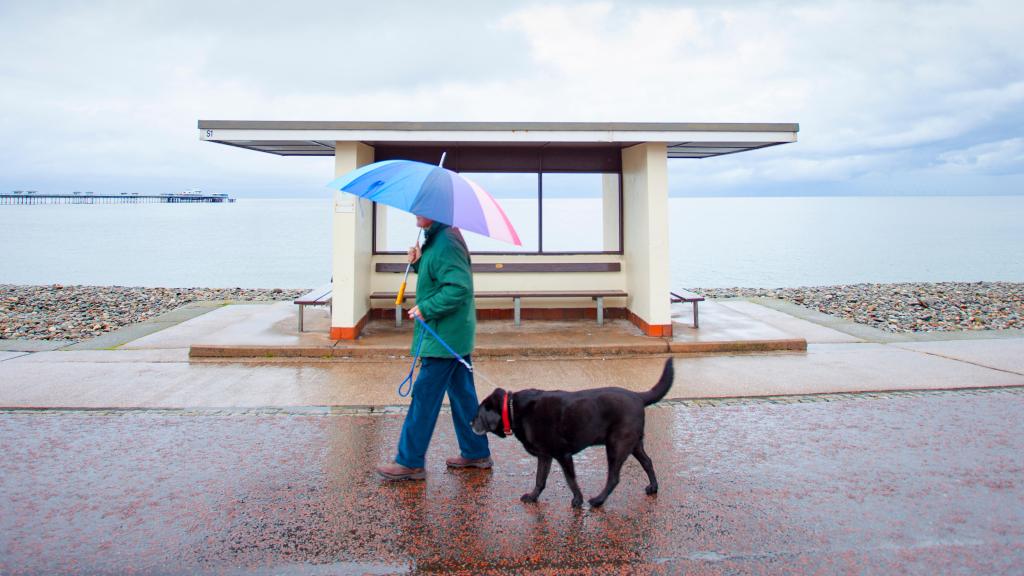Know Your Rights When Wildfires Disrupt Your Travel Plans
In recent years, wildfires have become more prevalent, impacting significant areas across southern Europe, North America, and Australia. These fires can be ignited accidentally, such as through a discarded cigarette, or deliberately. Once ignited, high temperatures, strong winds, and dry landscapes can lead to uncontrollable blazes. While travelers understandably have concerns, especially since some have needed emergency evacuations, it is essential not to dismiss visiting areas with fire risks. Here are some useful tips for preparation.
Wildfires typically occur in hot, dry areas during the summer months; however, the risk can persist into the autumn in certain regions. These fires often begin in rural landscapes with dried vegetation, yet urban locations near forests are also vulnerable.
In Europe, recent wildfire activity has severely affected regions including the Greek islands of Rhodes and Corfu, the Algarve in Portugal, parts of Spain including the Canary and Balearic islands, as well as the Italian islands of Sicily and Sardinia, and areas in southern France and Corsica.
In the United States, California’s wildfire season, which often spans from May to October, is well-known. Nonetheless, other states like Oregon, Alaska, and Texas have also faced considerable fires. Canada, rich in forested areas, has been hit hard as well, experiencing significant wildfires in regions like the Northwest Territories, British Columbia, Yukon, and Alberta.
Australia is recognized as one of the most fire-prone nations globally, with all states affected; New South Wales and Victoria have faced particularly severe wildfire challenges in recent years.
Preparation Steps for Travelers

Most fire-affected destinations will announce a wildfire season, during which specific activities such as outdoor barbecues may be restricted. Conducting a simple online search for your chosen location can provide crucial information. Researching your lodging and identifying potential evacuation routes in advance is also advisable. Contacting your hotel to inquire about their procedures for evacuation can help you make informed decisions regarding your safety.
Additionally, consider packing smartly with fire risks in mind. A portable battery charger could be beneficial in the event of a power outage, and FFP2 masks may be important, especially for travelers with asthma. Furthermore, keep a printed copy of your travel insurance documentation and your travel provider’s emergency contact number readily available.
While abroad, it’s crucial to monitor alerts from local fire services and emergency responders. This is particularly vital for those staying in self-catered accommodation where personal safety responsibility is heightened.
What to Do If a Wildfire Occurs During Your Trip
If a wildfire ignites nearby, adhere strictly to any guidance provided by local officials, which may include remaining where you are or preparing for an evacuation. Always keep essentials—such as passports, keys, and medications—easily accessible for a swift departure if necessary.
According to Michelle Cooper, a travel insurance expert at Saga, “If you made arrangements through a tour operator or airline, contact them first for assistance with alternative housing or flights if needed. Additionally, reach out to your insurance provider, who can help address alternative travel plans and advise you on possible claims. Documenting expenses and taking photos of any damages or disruptions can aid in the claims process.”
Is Trip Cancellation an Option?

Cancelling your trip and receiving a refund could be possible under certain conditions, as explained by Jonathan Frankham, UK and EU general manager of World Nomads travel insurance. This could apply if a wildfire emerges within a specific distance from your booked lodging, if travel advisories are issued, or if your flights or accommodations are cancelled directly because of the wildfire.
Typically, refunds originate from your travel provider, so contacting them should be your first step. They might provide alternate travel dates instead of a full refund. If they refuse or if you incur additional expenses, then reaching out to your insurance company would be the next course of action.
Choosing not to travel solely out of precaution—absent a qualifying event or advisory—generally does not warrant coverage and becomes a personal decision, Frankham cautions. Understanding your insurance policy is crucial in this regard.
Wildfire Coverage in Travel Insurance
The extent of wildfire coverage varies by policy. Check specific sections concerning cancellation, curtailment, evacuation, and delays to determine what is covered and what is not. “Be aware that if wildfires are ongoing at the time of purchasing your policy, they will be seen as a ‘known event’ and related claims likely won’t be covered,” Frankham adds. Likewise, if your doctor advises against travel due to pre-existing health conditions or the risk of extreme heat, this often does not qualify for cancellation coverage.




Post Comment